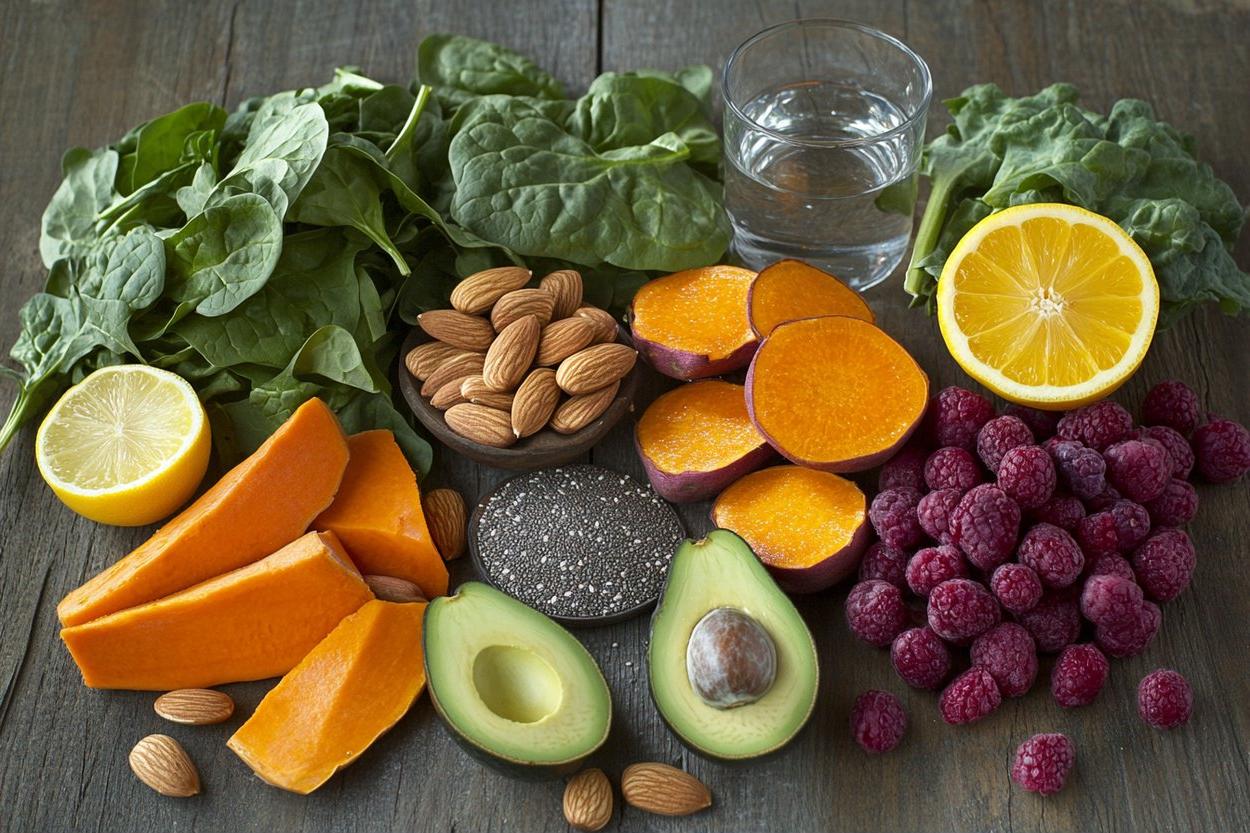Constipation Treatment: Effective Strategies for Digestive Health
Constipation is a common digestive issue that affects millions of people worldwide. It can cause discomfort, bloating, and a general feeling of unease. Fortunately, there are numerous effective treatments available to alleviate this condition and promote better digestive health. This article will explore various strategies for treating constipation, focusing on dietary changes, lifestyle modifications, and other proven methods to improve bowel regularity.

What types of food can help relieve constipation?
Certain foods are particularly effective in relieving constipation and promoting digestive health. Prunes and other dried fruits are well-known natural laxatives due to their high fiber content and presence of sorbitol, a natural sugar alcohol that can have a mild laxative effect. Fresh fruits like apples, pears, and berries are also excellent choices. Vegetables such as broccoli, spinach, and Brussels sprouts not only provide fiber but also contain essential nutrients that support overall digestive health. Whole grains like oatmeal, brown rice, and quinoa are fiber-rich alternatives to refined grains and can help regulate bowel movements.
How does fiber intake impact digestive health?
Fiber is a crucial component in maintaining digestive health and preventing constipation. There are two types of fiber: soluble and insoluble. Soluble fiber dissolves in water and forms a gel-like substance that helps soften stools. Insoluble fiber, on the other hand, adds bulk to the stool and helps it move through the digestive tract more quickly. A balanced diet should include both types of fiber for optimal digestive health. The recommended daily intake of fiber is 25-30 grams for adults. Gradually increasing fiber intake and drinking plenty of water can help prevent potential side effects such as bloating or gas.
What lifestyle changes can improve constipation?
In addition to dietary modifications, certain lifestyle changes can significantly improve constipation symptoms. Regular physical activity is one of the most effective ways to stimulate bowel movements. Exercise helps increase muscle activity in the intestines, promoting better digestion and regularity. Establishing a consistent bathroom routine and responding promptly to the urge to have a bowel movement can also help. Stress management techniques such as meditation, deep breathing exercises, or yoga can be beneficial, as stress can contribute to digestive issues, including constipation.
Are there natural remedies for constipation?
Several natural remedies can provide relief from constipation without resorting to medications. Herbal teas, such as senna, peppermint, or ginger tea, can have a mild laxative effect and soothe the digestive system. Probiotics, found in fermented foods like yogurt, kefir, and sauerkraut, can help balance the gut microbiome and improve overall digestive health. Some people find relief by consuming a tablespoon of olive oil or flaxseed oil on an empty stomach. Magnesium-rich foods or supplements can also help soften stools and promote bowel movements.
When should medical treatment be considered for constipation?
While lifestyle changes and natural remedies are often effective in treating constipation, there are instances where medical intervention may be necessary. If constipation persists for more than three weeks despite dietary and lifestyle modifications, it’s advisable to consult a healthcare professional. Chronic constipation can sometimes be a symptom of underlying health conditions such as irritable bowel syndrome, thyroid disorders, or even certain types of cancer. A doctor may recommend over-the-counter laxatives, prescription medications, or further diagnostic tests to determine the cause of persistent constipation and develop an appropriate treatment plan.
Constipation treatment involves a multifaceted approach that combines dietary changes, lifestyle modifications, and, when necessary, medical interventions. By increasing fiber intake, staying hydrated, exercising regularly, and adopting healthy bowel habits, most people can effectively manage and prevent constipation. Natural remedies and stress reduction techniques can also play a significant role in maintaining digestive health. However, it’s important to remember that persistent or severe constipation should be evaluated by a healthcare professional to rule out underlying health issues and ensure appropriate treatment.
This article is for informational purposes only and should not be considered medical advice. Please consult a qualified healthcare professional for personalized guidance and treatment.





